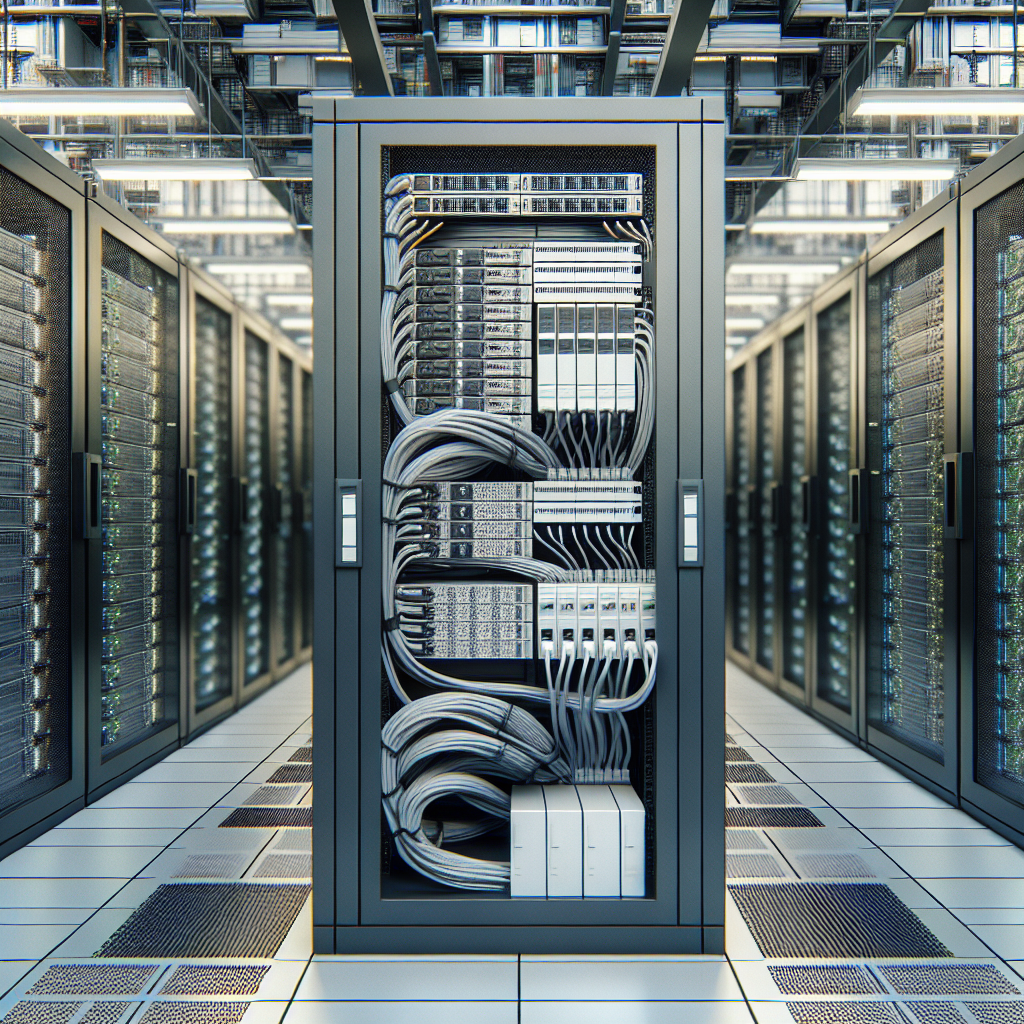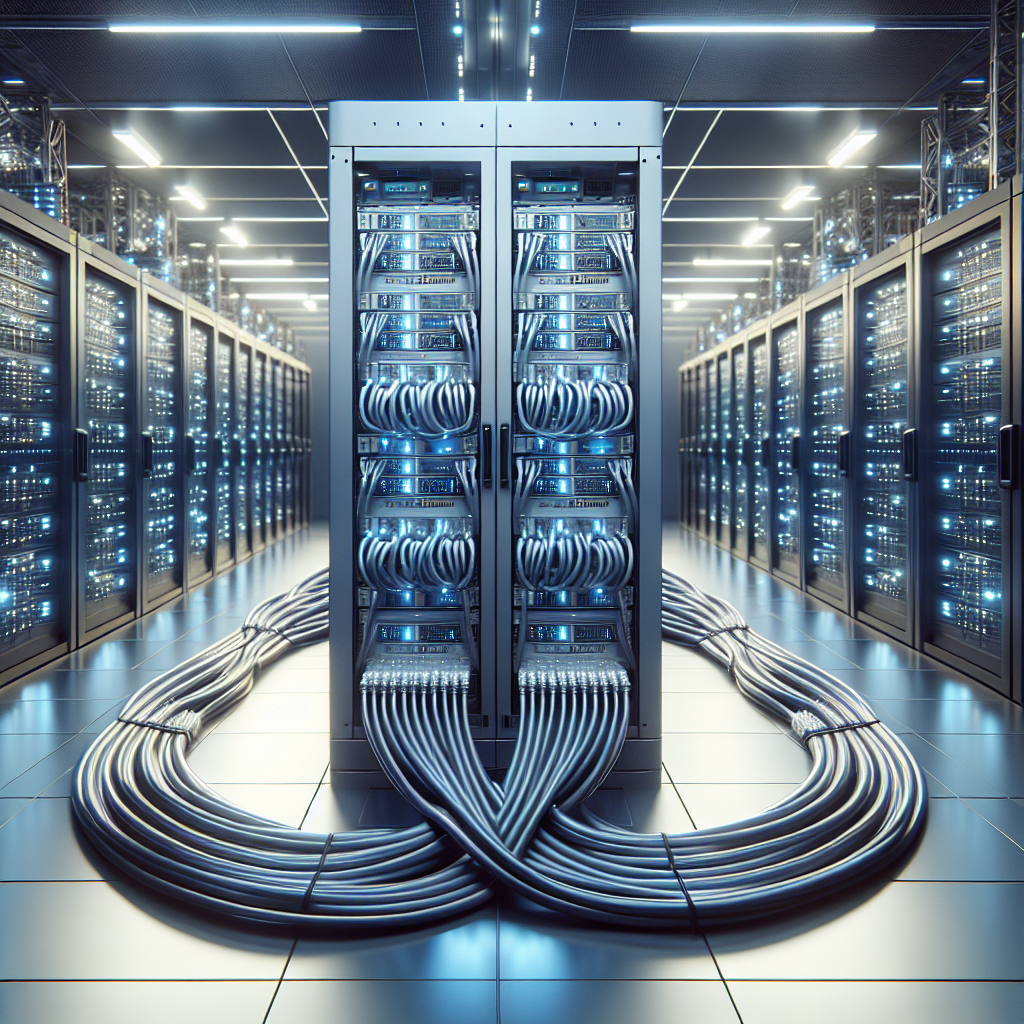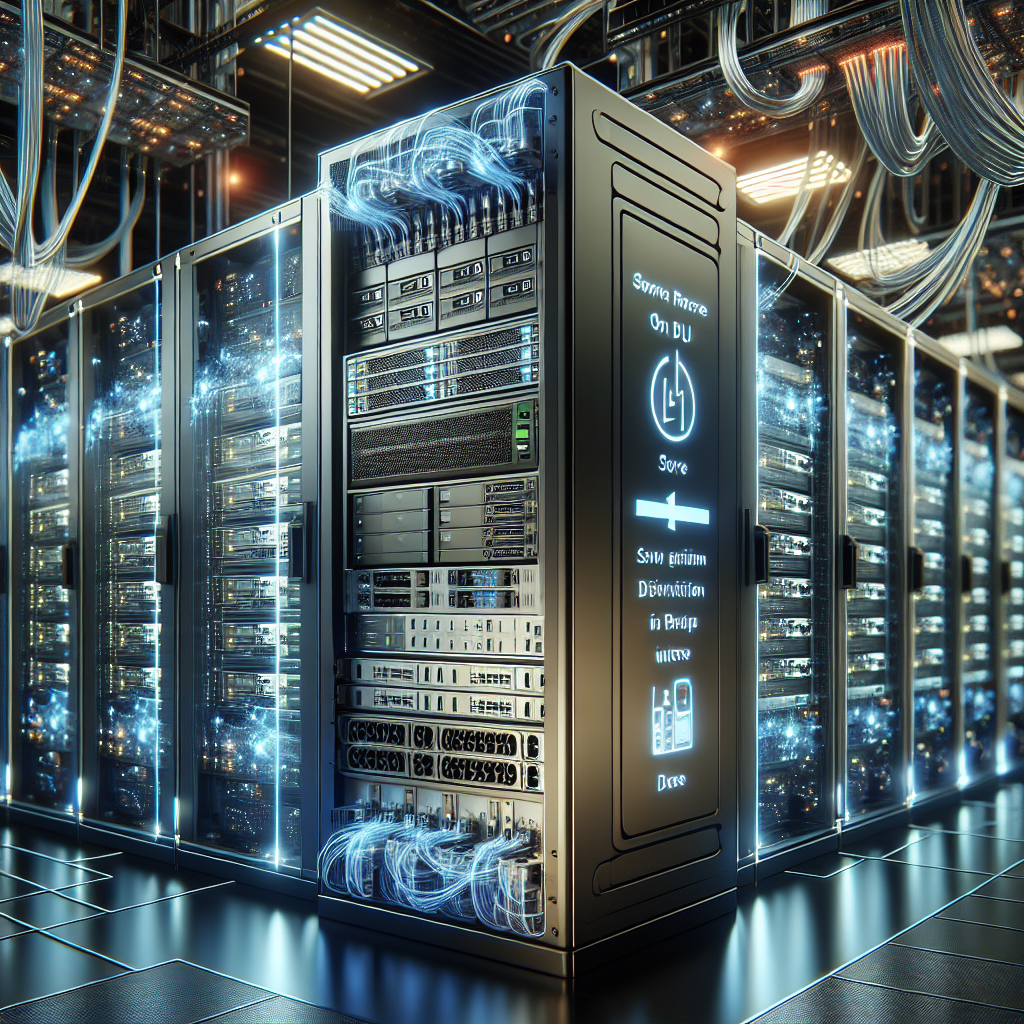Data centers are the backbone of modern businesses, serving as the hub for all digital operations and storing vast amounts of crucial data. With the increasing demand for data processing and storage, the need for efficient data center management has become more critical than ever. One essential component of data center management is the Power Distribution Unit (PDU).
A PDU is a device that distributes electric power to multiple pieces of equipment within a data center. It serves as a central point for connecting power sources to various servers, storage devices, networking equipment, and other hardware. PDUs come in different types, including basic PDUs, metered PDUs, and intelligent PDUs, each offering different levels of power monitoring and management capabilities.
The role of PDUs in data center management is crucial for several reasons. Firstly, PDUs help ensure the efficient distribution of power to all equipment in the data center. By connecting multiple devices to a single power source, PDUs help reduce clutter and optimize space within the data center. This also simplifies power management and makes it easier to monitor and control power usage.
Moreover, PDUs play a significant role in ensuring the reliability and availability of power supply in the data center. By providing multiple power outlets and surge protection features, PDUs help prevent power outages and equipment failures, which can have disastrous consequences for businesses relying on uninterrupted data center operations.
Another important function of PDUs in data center management is power monitoring and measurement. Intelligent PDUs come equipped with advanced monitoring capabilities, allowing data center managers to track power consumption, voltage, current, and other critical parameters in real-time. This data can help identify potential issues, optimize power usage, and ensure the efficient operation of the data center.
Furthermore, PDUs contribute to efficient resource allocation and capacity planning in data centers. By monitoring power consumption and identifying underutilized or overloaded equipment, data center managers can make informed decisions about resource allocation, upgrade requirements, and future expansion plans.
In conclusion, PDUs are a vital component of data center management, playing a crucial role in ensuring the efficient distribution, monitoring, and control of power within the data center. By investing in high-quality PDUs and implementing robust power management strategies, businesses can enhance the reliability, availability, and efficiency of their data center operations, ultimately driving success and growth in the digital age.












